Listen on iTunes.
Notes:
Is a calorie really a calorie?
In this research review, we discuss this popular topic: calories in, calories out. We look at different studies, research, as well as dispel others’ conclusions on the subject.
Click on the links below to view materials and research discussed.
A. “A calorie is a calorie” violates the second law of thermodynamics.
I. Abstract
B. Energy balance or fat balance?
I. Abstract
C. Is a calorie a calorie?
I. Abstract
D. Is a calorie really a calorie? Metabolic advantage of low-carbohydrate diets.
I. Abstract
E. Thermodynamics and metabolic advantage of weight loss diets.
I. Abstract
F. Low Carbohydrate versus Isoenergetic Balanced Diets for Reducing Weight and Cardiovascular Risk: A Systematic Review and Meta-Analysis.
I. Abstract
G. Nonequilibrium thermodynamics and energy efficiency in weight loss diets.
I. Abstract
H. Thermodynamics of Biological Processes
I. Full Study
Like what you’re listening to? Get the transcript here.




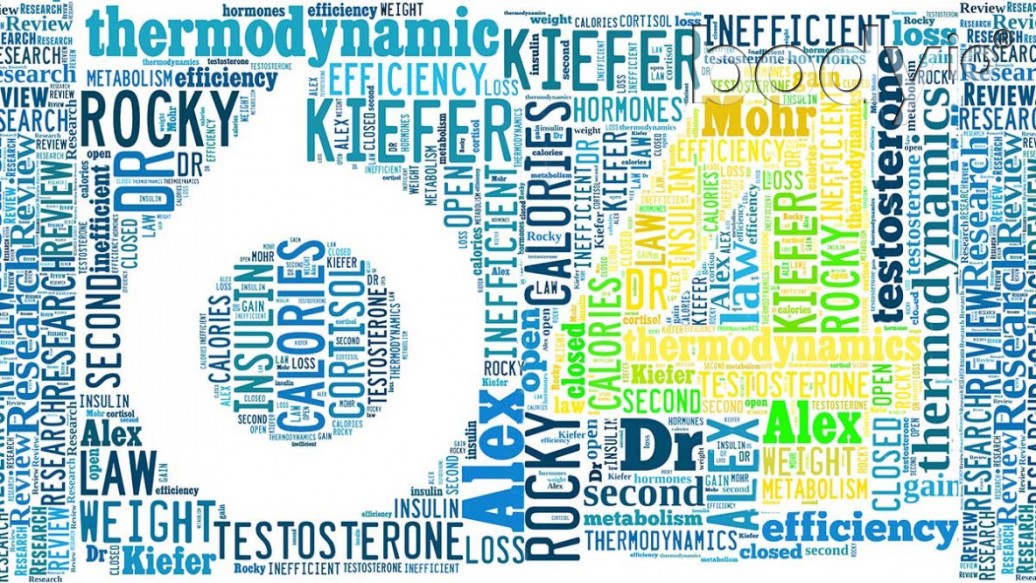
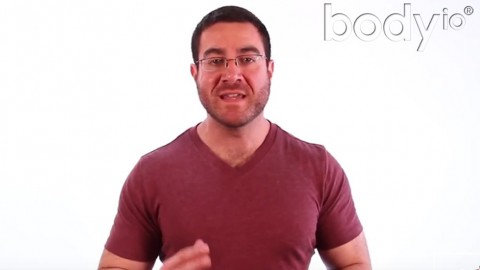

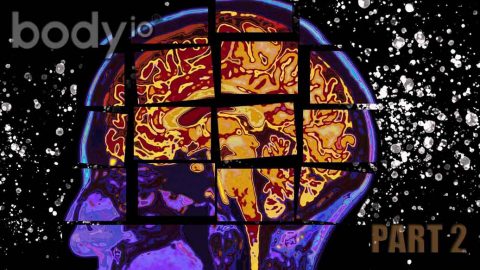

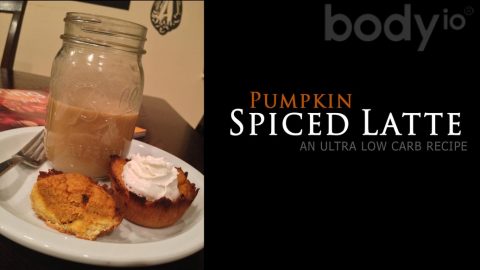
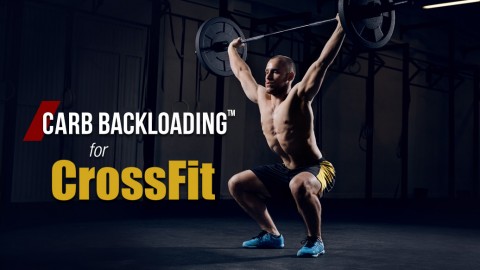

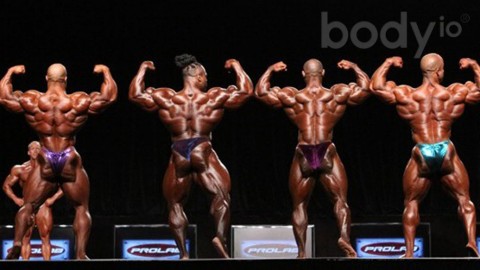
Great podcast!
Another review of the “Low Carbohydrate versus Isoenergetic Balanced Diets for Reducing Weight and Cardiovascular Risk: A Systematic Review and Meta-Analysis”
Here’s the link
https://novuelvoaengordar.com/2014/07/20/bad-science/
Great stuff! I listened to he whole podcast and it gave me a lot of insight about how I try to go about my goals. Going to have to buy your new book when it comes out! You’re awesome as always Kiefer. Thank You.
Kiefer,
Another great review of the literature and hopefully the last nail in the coffin of the seemlessly never ending calories in, calories out debate. In the context of today’s discussion, I’m completely on board with the idea that macronutrient composition matters most and that there is an initial metabolic advantage of following an ULC approach along with a favorable hormonal environment that promotes the mobilization of fat and an improvement of overall health. You mentioned that you don’t completely dismiss calories, though, so could you clarify your stance and tell us where calories are applicable in the grand scheme of weight loss, maintenance, and weight gain?
After coming from a strict calorie counting regime to divulging in your philosophy, I’ve drastically changed my view of nutrition and how the body works. While I’m in complete agreement that a calorie isn’t a calorie, once we establish the appropriate macronutrient composition, don’t we still have to be in a caloric deficit of somekind to lose fat? If so, can we conclude that the number of calories we eat determines the rate of fat loss we experience?
From reading staunche supporters of calories in, calories out, their main point seems to be that you must be in an energy deficit to lose weight, balance to maintain, and a surplus to gain weight. In the past, I’ve found that the main issue with this line of thinking occurs when people don’t appropriately set their calorie deficit to their current body fat level. The idea being, the more fat you have to lose, the bigger the calorie deficit you can handle, and vice versa. Is this line of thinking correct? Any contribution is greatly appreciated.
– Ben
Best podcast in the history of internet
Also, I found the vegan diet part fascinating. This could explain why these nuts vegan promoters are actually really freakingly lean many times.
I would really like for Kiefer to explain what the second law of thermodynamics has to do with fuel partitioning. I have all the relevant background to understand the physics, so don’t spare me on the technical level.
Almost all of the arguments you made, such as energy cost of macro conversions in the body, are First Law. The First Law of Thermo applies to open systems, by the way. I got the impression from this podcast that Kiefer thinks otherwise. Can you please explain?
Evelyn,
I read your review of the first law of thermodynamics in Alan Aragon’s research review, and, while you are correct that the first law applies to open systems, it can’t applied with such simplicity to the internal workings of a biological system (which, for the human body, is isothermal and nonequilibrium). I think for your own edification you may want to read Dr. Donald Haynie’s book Biological Thermodynamics (https://bod.io/biothermhaynie), which is an excellent introduction to thermodynamics in biological systems. There’s a great quote from the second chapter introducing the second law:
“The First Law of Thermodynamics relates heat, work and internal energy, and it tells us that energy is neither created nor destroyed in all its changes of form; the total energy of a reaction, and indeed of the universe, is constant. The First Law tells us with breathtaking generality that a boundary on the possible is a basic characteristic of our universe. It is not hard to see, though, that the First Law does not tell us some things we would like to know.”
I think his work may give you some insight into the content of the podcast.
Kiefer, I have been reading the Haynie book here and there since someone linked to it a while back on the blog.
I am curious what you, as a student of physics, think of some of his examples in a book on biological thermo. For example, elastic behavior of a rubber band? Phase transformations such as ice melting? PV work? Fragrance dissipating in a room??? Some of his explanations seem off at best and he never draws the analogy back to the biological context. How can he when we don’t have any changes of state in the body in the same sense as ice melting and such? How can it be an excellent introduction to thermo in biological systems when it never draws the analogy.
The truth of the matter in animals is that entropy in the energy generating pathways is largely the same (he even says as much, I’ll have to go back and find the page number). He doesn’t confuse the reader about heat nearly as much as Feinman does, but given as we are chemical machines powered by chemical engines and require significant heat production for life, it seems odd so many keep repeating this error (and it is an error, you would agree, right? Entropy not equal heat … right?).
Even the decaying to equilibrium at death is an odd one. Decomposition is aided by other living organisms and the elements. If you were sealed in a vacuum you wouldn’t melt into a pool and disappear “because entropy”.
I haven’t yet gotten to the parts where the second law tells us anything more about what is going on — it would be difficult, as it doesn’t dictate energy partitioning, etc.
The issue as regards entropy is that whatever losses there may be are virtually diet-independent.
His examples of the 2nd law in action were poignant, intuitive examples. I think one problem might be your lack of insight and understanding on the subject, and that’s made clear in your response to his work. That you can’t understand how the 2nd law of thermodynamics can apply to nutrient partitioning in a living organism means there’s no room for an intelligent conversation on the matter between us. I am saddened that you feel the human body and life in general is so basic that you refuse to edify yourself further.